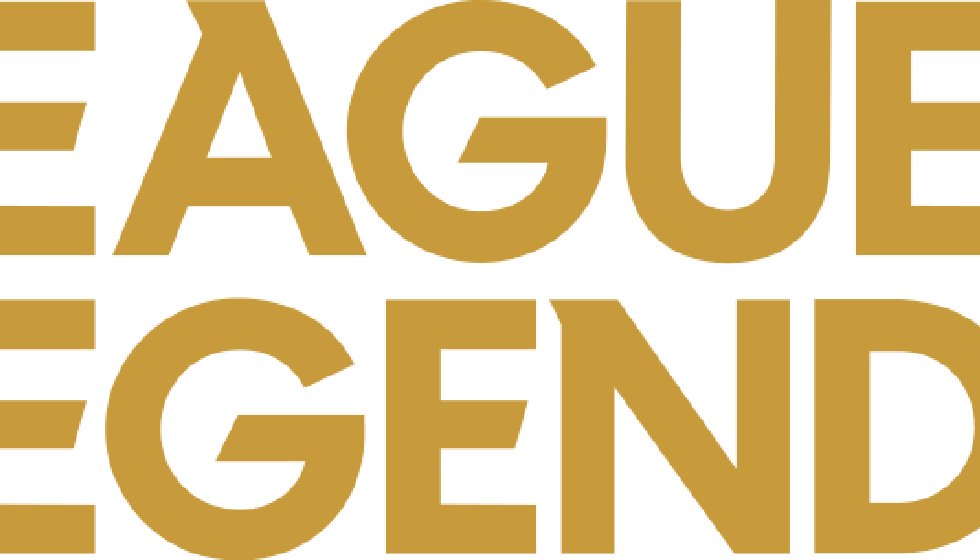
In a significant victory for South Korea's esports industry, T1, the LCK team backed by SK Telecom, emerged as champions in the annual League of Legends (LoL) world tournament held in November 2023.
The nation achieved remarkable success in the Asian Games, bringing home two gold medals in the esports sector - one of which was awarded for League of Legends.
Yet, despite these achievements, League of Legends Champions Korea (LCK), South Korea's top-tier esports league, faces challenges in China that could impact its financial sustainability and public image.
Last week saw the inauguration of the LCK spring season, which led to an unexpected pause in Huya's broadcasting activities. Huya is the Chinese streaming platform owned by Tencent Holdings and linked with Riot Games.
The absence of a broadcasting agreement holder in China is officially given as the reason for Riot Games Korea's suspension; however, unnamed industry experts suspect there could be a connection to Gen.G and their recent controversy.
Gen.G created a stir in December when it referred to Taiwan as a country on its Facebook page. This has caused widespread criticism and anger among Chinese fans. The team's initial apology, which reaffirmed its commitment to China's sovereignty and territorial integrity, was followed by another statement that distanced itself from any political stance. This situation provoked even greater indignation among Chinese and Korean supporters.
The reason for the disrupted LoL pro league broadcasts, as reported by commentator Changyu (Ke "957"), was the Gen.G scandal.
An undisclosed Chinese industry expert provided The Korea Times with the following verified details:
We're changing some of the bets we've made and shifting how we work across the company to create focus and move us toward a more sustainable future
Dylan Jadeja
When approached about the situation, neither Riot Games nor Huya offered any comment.
How This Affects the Industry
The loss of licensing fee revenue from halts in broadcasting could significantly impact LCK's profitability, as it has struggled with securing revenue growth in recent years.
The international esports sector is witnessing a pivotal moment as South Korea, with its unwavering government support, takes center stage.
With an extensive talent pool across major esports titles, and backing from large business conglomerates like SK Telecom, KT, and Samsung, LCK's challenges could echo throughout the global esports community.
The disappointment among Chinese fans over the Gen.G controversy and halted broadcasts is palpable on social media.
Wang Ruiwen from Shanghai lamented when she discovered that Huya's channel was airing past games rather than broadcasting the fresh LCK season. To access the English-language streaming channel for LCK on YouTube, fans like Wang must use VPN services, which are often costly and unreliable in China.
The Asian Games opening ceremony featured a call from Chinese President Xi Jinping for solidarity and inclusiveness through sports.
Team representatives associated with LCK expressed worries regarding financial stability during the inaugural day of Riot Games Korea's league management.
The profitability of esports events is often limited to sponsorships by game studios and hardware makers, and has a weak relation to companies with other product categories
Zhang Shule
The industry faces a significant financial dilemma, as the profitability of esports events is typically limited to sponsorships from game studios and hardware makers with little relation to companies in other product categories.
Zhang Shule, the analyst with CBJ Think Tank, said that Riot Games, the US-based developer behind LoL, recently announced a workforce reduction of 11% (approximately 530 jobs). This reflects the challenges faced by the industry.